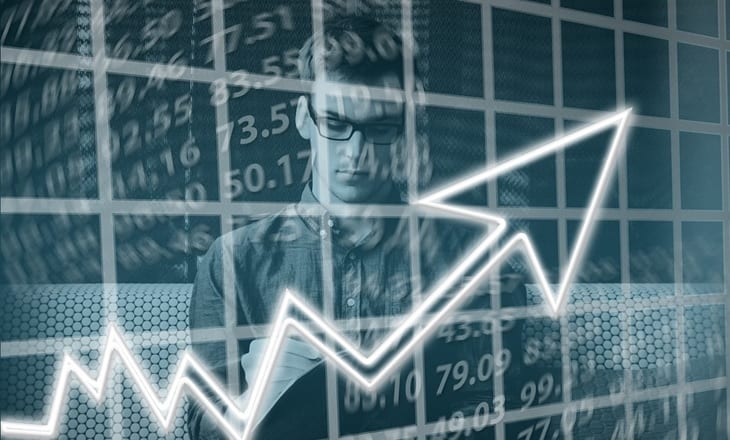This article was written by freelance writer Zak Goldberg.
Online trading is something we really take for granted these days, where being able to actively trade on everything from the stock market through to forex is something just about anybody can do. However, this wasn’t always the case.
Trading for Everyone
Before mainstream internet use and fast broadband connection speeds in most homes, some kinds of trading just weren’t possible for private individuals, and those that were far more difficult and less flexible. Internet access, and later smartphone technology, gave us the first real generation of amateur traders in some sectors like forex, which were previously only open to banks and professionals.
How the Online Trading Industry Shot Up
As interest in these newly accessible ways to invest money grew, online trading platforms became more and more sophisticated, and the technology behind them evolved. The supporting industry also grew, with websites, books and video channels aimed at people who wanted to become traders sprouting up all over the web, and lots of companies investing in creating software, apps and tools to help these new traders get more from their online activity on the markets. Trading platforms became important in the financial services industry, and brands worked to differentiate themselves and compete for the new traders joining the scene. Now, the industry is quite mature, and harnesses everything from the latest mobile technology to big data analysis and automation to allow traders at all levels to work like pros. Specialist trading platforms for specific types of trading like CFDs, commodities, binary options, and of course forex have become essential to the people who use them.
Greater Interest In Finance, Business and Macroeconomics
Of course, the growth in people who trade thanks to online and mobile platforms has also meant that more people are interested in the financial markets in general. In the past, currency exchange rates were only really important if you ran a business that took payments in multiple currencies, or if you were travelling somewhere and wanted to exchange some money at a Bureau de Change. Now, as we live in more connected times and more of us have an interest in the markets for personal investment reasons, things like exchange rates and the share indices are important to follow. By extension, this means people tend to be more interested in business news, and in macroeconomic and political developments outside of those that directly affect where they live or who they work for. Equally, just as more people feel affected by the markets, the markets also are affected by all of these independent, casual shareholders, traders and investors. ‘Market sentiment’ no longer just means what the people in Wall Street offices think, but also the people from all walks of life who have chosen to become traders.
Different Ways of Making Money
Trading platforms took off during a period that also presented people with lots of other new opportunities when it came to how they made and managed money. Ecommerce, remote working, the ‘gig economy’ and other fairly new developments have combined in interesting ways, and it seems that alongside traditional workers, we now have a huge sector of entrepreneurs, small business owners, day traders, and others making money in unconventional and entirely modern ways.
All of this has changed society in profound ways, and of course also had a significant impact on what is important in local and broader economies.
